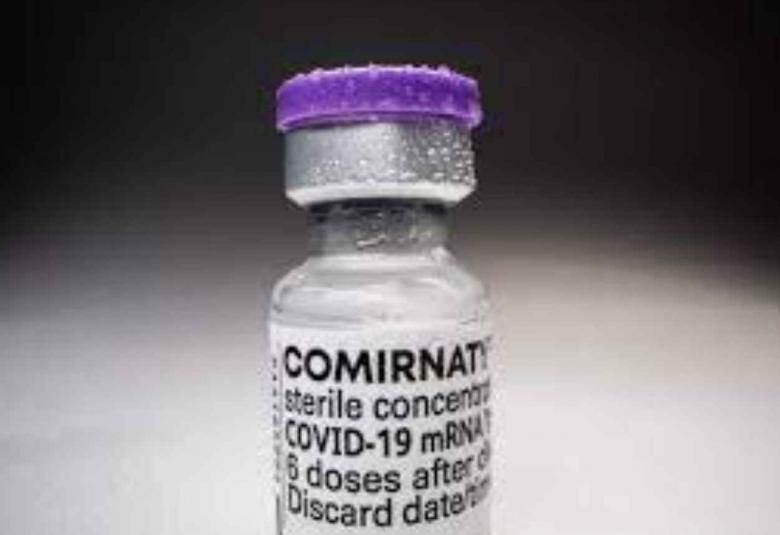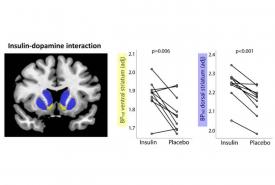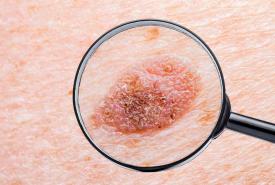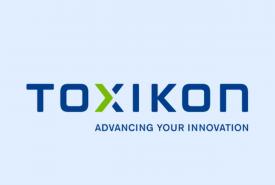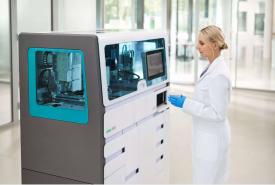Pfizer and BioNTech Receive Positive CHMP Opinion for COMIRNATY® in Children 5 to under 12 Years of Age in the European Union
Pfizer Inc and BioNTech announced that the Committee for Medicinal Products for Human Use (CHMP) of the European Medicines Agency (EMA) issued a positive opinion on the administration of the companies’ COVID-19 vaccine COMIRNATY® in children 5 to under 12 years of age. The European Commission (EC) will review the CHMP recommendation and is expected to make a final decision on a variation to the Conditional Marketing Authorization in the near future.


